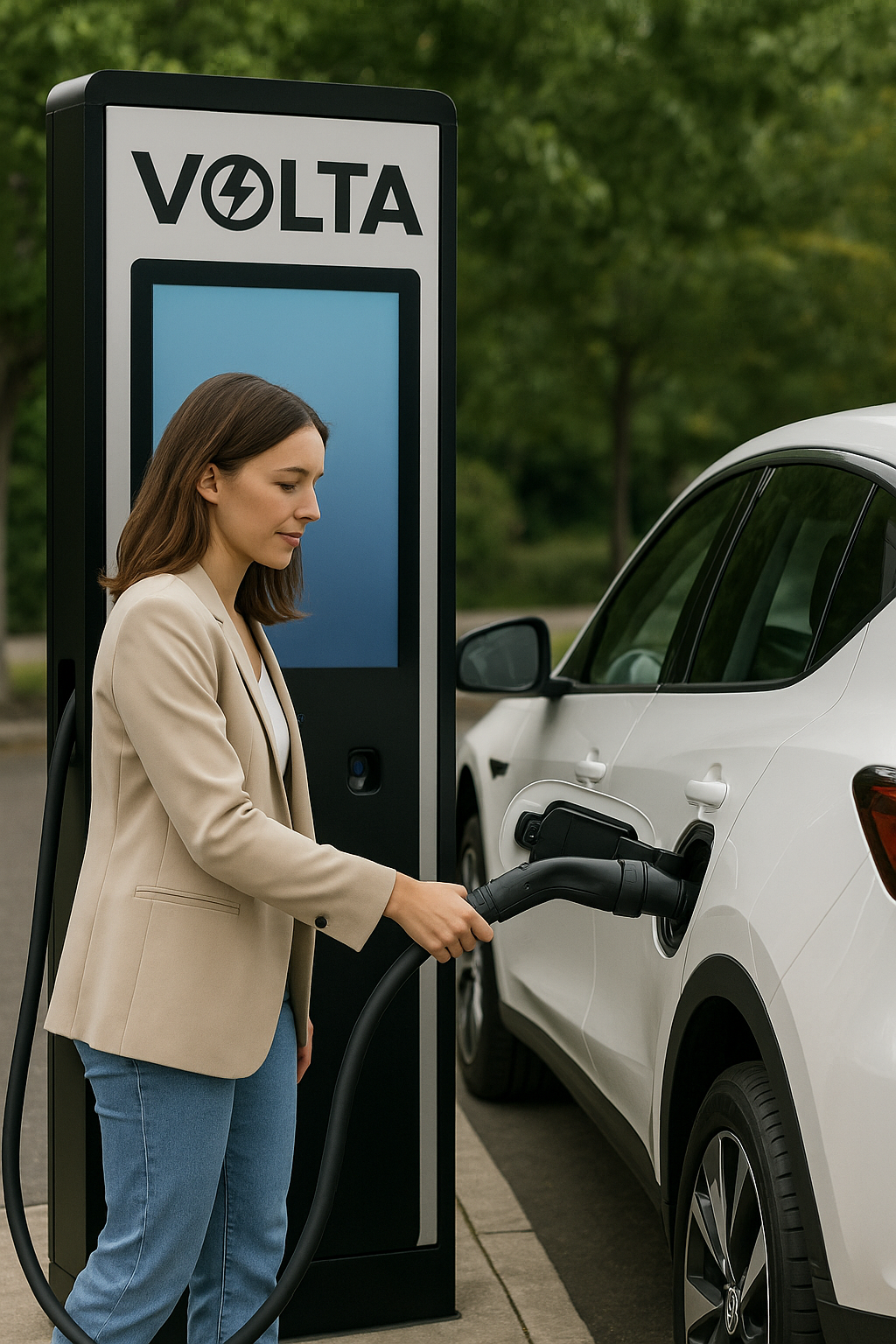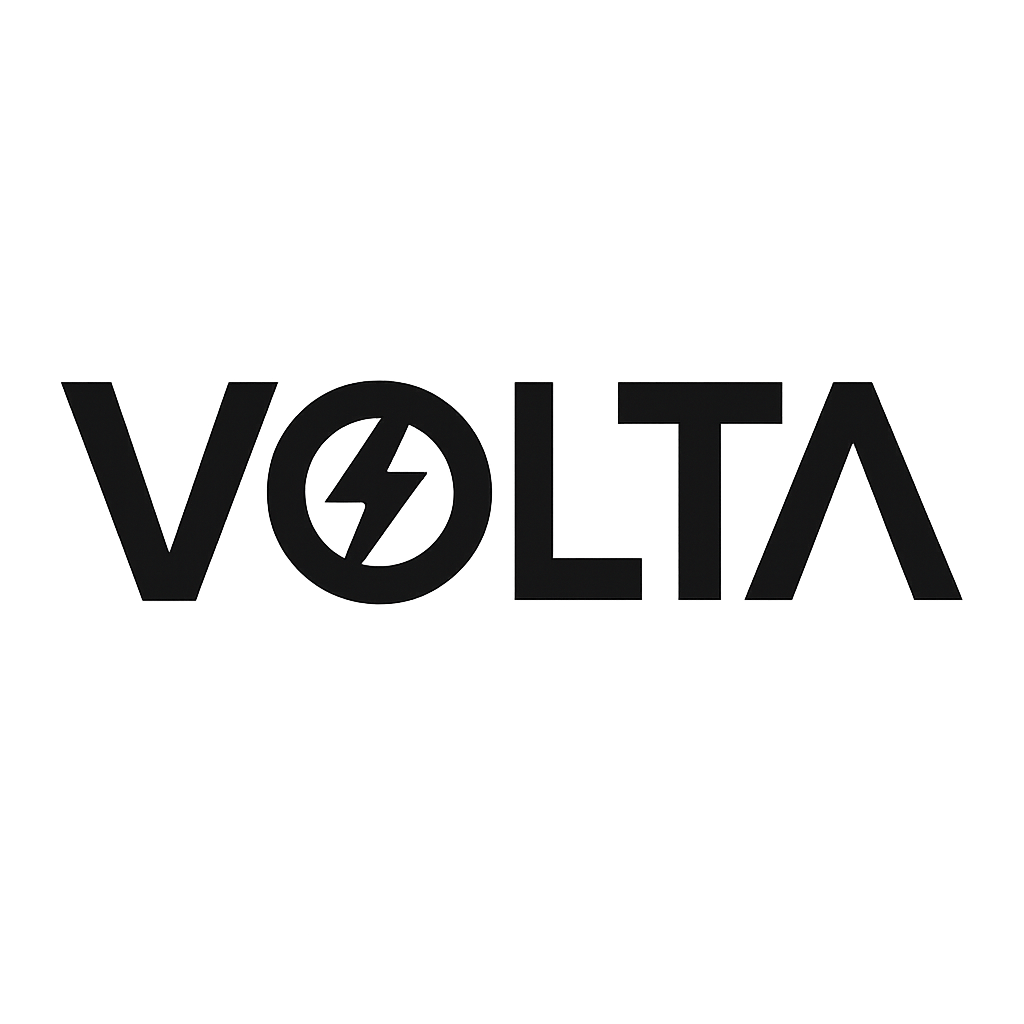EV Ownership in Central/Eastern Europe: 2025 Update
A comprehensive yearly overview of government incentives, infrastructure development status, and emerging trends for new electric vehicle buyers across Central and Eastern Europe.

As we enter 2025, Central and Eastern Europe continues to emerge as a dynamic region for electric vehicle adoption. With evolving government policies, expanding charging infrastructure, and changing consumer attitudes, the landscape for EV ownership has transformed significantly over the past year.
Government Incentives by Country
Poland
- • Purchase subsidy: Up to €5,000 for new EVs
- • Company car tax reduction: 50% for electric vehicles
- • Free parking in major cities
- • VAT exemption for charging infrastructure
Romania
- • Rabla Plus program: Up to €10,000 rebate
- • Zero registration tax for EVs
- • Reduced annual road tax
- • Priority lane access in Bucharest
Bulgaria
- • Purchase incentive: Up to €3,500
- • Reduced insurance premiums
- • Free charging at public stations until 2026
- • Accelerated depreciation for businesses
Czech Republic
- • Green bonus: Up to €4,000 for individuals
- • Company fleet incentives: Up to €8,000
- • Reduced highway toll rates
- • Installation grants for home chargers
Infrastructure Development Status
The charging infrastructure across Central and Eastern Europe has seen remarkable growth in 2024, with significant improvements expected to continue through 2025.
Key Infrastructure Statistics (2025)
Emerging Trends for 2025
1. Affordable EV Models Enter the Market
2025 marks the arrival of several budget-friendly electric vehicles specifically designed for the CEE market, with prices starting below €25,000 after incentives.
2. Battery Technology Improvements
New lithium iron phosphate (LFP) batteries offer better cold-weather performance, addressing a key concern for CEE drivers during harsh winters.
3. Smart Grid Integration
Vehicle-to-grid (V2G) technology pilots are launching across the region, allowing EV owners to sell electricity back to the grid during peak demand periods.
4. Corporate Fleet Electrification
Major corporations are committing to electric fleets, with delivery companies leading the charge in urban areas across Poland, Romania, and Bulgaria.
Recommendations for New Buyers
Best Time to Buy
Q2 2025 appears optimal for new EV purchases, as manufacturers clear 2024 inventory while new incentive programs take full effect.
- • Research local incentives before purchasing
- • Consider total cost of ownership, not just purchase price
- • Evaluate charging options at home and work
- • Test drive in winter conditions if possible
Looking Ahead: 2026 and Beyond
The momentum building in 2025 sets the stage for even more dramatic changes in the coming years. EU regulations will continue to drive improvements in charging infrastructure, while falling battery costs make EVs increasingly accessible to middle-income families across the region.
At Volta, we're committed to supporting this transition by expanding our fast-charging network and providing reliable, convenient charging solutions across Central and Eastern Europe. The future of transportation is electric, and the future is now.
